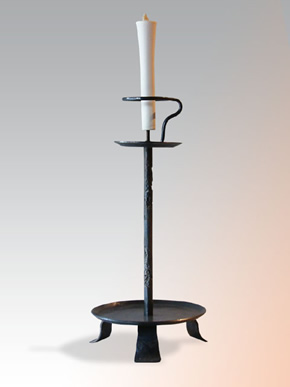Hey everyone! 
I hope everyone is surviving the heat, and for those who live in places that stay cooler during the summer, I am very jealous of you!
Starting this week I thought that it would be a good idea to start a thread where I post a ことわざ・四字熟語 every week. I will be posting many kinds of ことわざ・四字熟語 (ranging from common to rare), but my main goal is to post common ones that could be used and ones that you may hear or read in the wild!
Goals 
The main goal of this thread is to expose ことわざ・四字熟語 to our students.
Why?
The reason behind this is because as you start immersing yourself in native content, you may see them while reading or you may hear it in conversations, and knowing them before hand could save some potential headaches when trying to understand them. Since ことわざ・四字熟語 is rooted into our culture, learning them could potentially allow you to understand the Japanese culture and morals a little more.
As mentioned above, I will aim to post common ことわざ・四字熟語, but may switch it up at times and post more rare ones that I think are interesting.
ことわざ of the week 
This week’s ことわざ is :
腐っても鯛。
くさってもたい
Translation:
Even if it rots, it’s still a sea bream. (A sea bream is a sea bream even if it rots)
Meaning:
A fine thing (product) will remain as a fine thing (product) even if the quality slightly declines.
Context:
鯛(たい), sea bream, was and still is considered to be an expensive fish that is usually eaten in celebratory situations because they are thought to bring good fortune (めでたい). Due to this, their value and status stays higher than any other fish, even if it’s damaged or rotted.
When is it used?
It is usually used to express that someone or something still holds weight despite them being older or worn.
Example:
先生はもう引退して結構経つけど、やっぱり先生の踊りはすごいと思う。まさに腐っても鯛だ。
It’s been quite a while since sensei retired, but I still think his dancing is amazing. He’s truly a master of your craft.
Caution:
Due to the use of the word 腐る (to rot), depending on the context and the person it is used towards, it could sound a bit insulting since it emphasizes that they have aged or that their skills have slightly deteriorated.





